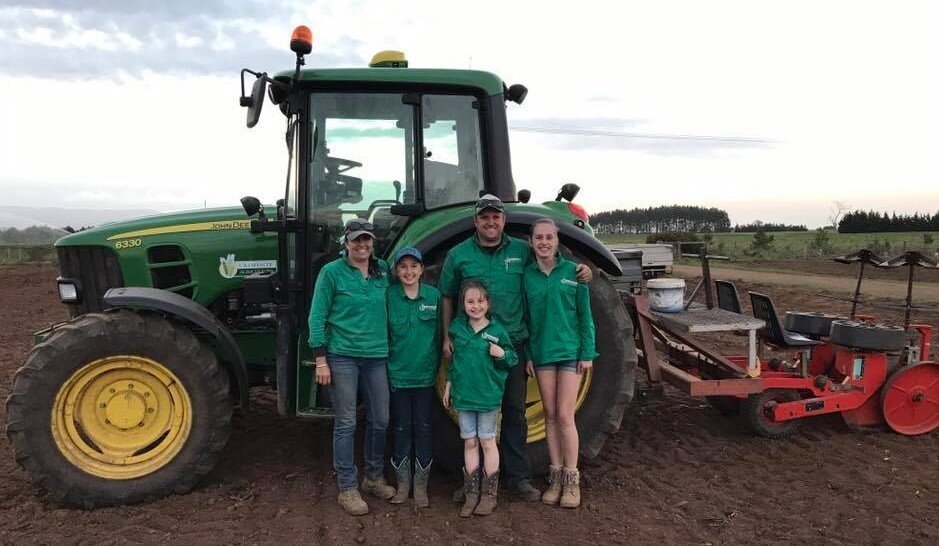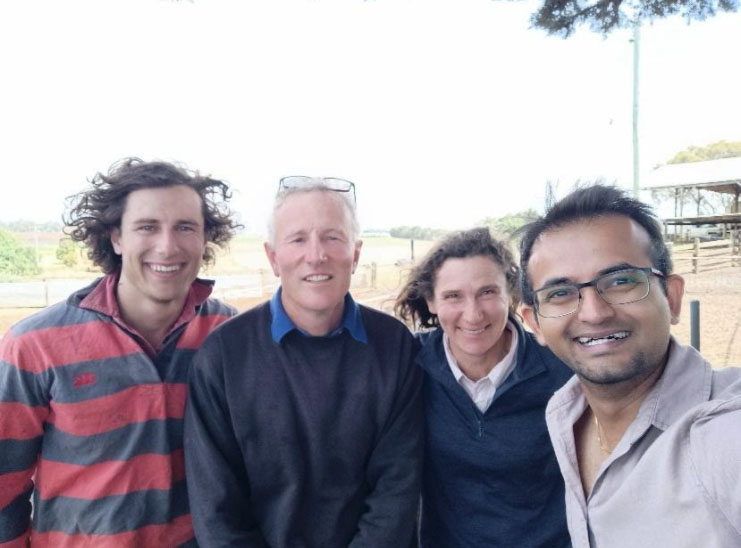The 4 Levels of Delegation might be the missing link between your team doing the work — and actually owning it. You’ve got the experience. You’ve got the systems. But somehow, your team still brings everything back to you. Decisions stall. Problems pile up. And your to-do list never shrinks — even when you try to hand things over.
The problem isn’t your team. It’s how you’re delegating. Most farm owners either give away too little… or too much, too soon. This practical model (4 Levels of Delegation) changes that — and shows you how to get back hours of your time without losing control.
Level 1: Investigation
They gather. You decide. This is where most delegation begins — and that’s okay.
You’re trialing new water sensors. Instead of hunting for solutions yourself, ask someone to bring you a shortlist of options with pros and cons.
Choosing a contractor? Have them gather quotes and compare terms.
Why it matters: You protect your decision-making power — but get support to make faster, more informed calls.
Farmer tip: Create a basic template for comparisons (price, function, support, delivery time). Saves double-handling.
Level 2: Informed Progress
They do. You guide. Your team member carries out the task, but checks in at agreed points.
Say they’re building a seasonal staff roster. You review once a week, ask a few questions, and suggest tweaks.
Why it matters: They build skill. You stay in the loop without having to do the task yourself.
Farmer tip: Use WhatsApp voice notes or short check-ins instead of formal meetings. Keep it light but consistent.
Level 3: Informed Results
They do. You hear how it went. At this stage, they run the job and you only get a summary.
Your operations lead updates your SOPs and rolls them out. You don’t see a draft — just get told how the rollout went.
Why it matters: They own the result. You keep oversight without managing every step.
Farmer tip: Ask for results in the form of “What worked, what didn’t, what next?” to keep improvement rolling.
Level 4: Full Ownership
They run it. You’re out. They lead the process completely. You only get looped in if something goes wrong.
Your livestock manager now runs all feeding programs — planning, ordering, monitoring — without needing your say-so.
Why it matters: This is how you scale. You become free to focus on growth, strategy, or just get your weekends back.
Farmer tip: Set up an accountability rhythm — maybe a monthly catch-up — so it’s still supported, not abandoned.
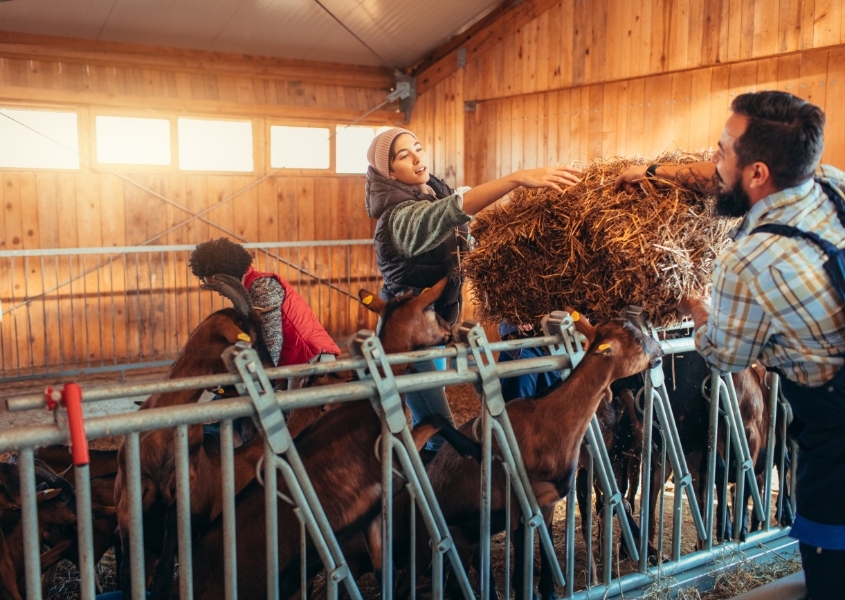
Most Teams Start at Levels 1 or 2 — And That’s Normal
On family farms, it’s common for roles to shift and blur — kids learning the ropes, partners pitching in, seasonal workers still finding their feet. So, it’s no surprise that most people start at Level 1 or 2.
What matters is that they’re not stuck there.
With the right mix of clear systems, regular feedback, and space to try (and occasionally muck it up), people can move up to the ladder of 4 Levels of Delegation. They usually want to — but they need the green light.
This isn’t about pushing them harder. It’s about showing them how to think, decide, and act like an owner — one task at a time.
How to Hand Over Tasks Without Losing Control
Think about someone on your team.
- Who’s waiting on you when they could be thinking it through themselves?
- Who’s shown potential — but just needs more clarity or a nudge?
- Who knows the job but still second-guesses themselves?
- Who’s capable — but hasn’t been given full responsibility yet?
Pick one person. One task. Then help them move up a level. Be clear about what ownership looks like. Back them when they wobble. Let them try it their way.
You’ll feel the difference — and so will they.
Still Doing Everything Yourself? Use This 4 Levels of Delegation System to Build a Self-Sufficient Team
When you delegate well, you don’t just clear your plate — you grow your people. That’s how strong farms thrive long term.
Whether you’re training your kids, onboarding a new staff member, or letting go of one task too many, the 4 Levels of Delegation help you do it right.
Want to learn more about creating a self-sustaining farm operation? Contact us for a personalised consultation. Click here.
If you found this article helpful, share it with your network to help others unlock their farming potential. Don’t forget to like and follow us on social media for more insightful tips: Facebook, Instagram, and LinkedIn. Let’s empower more farmers together!

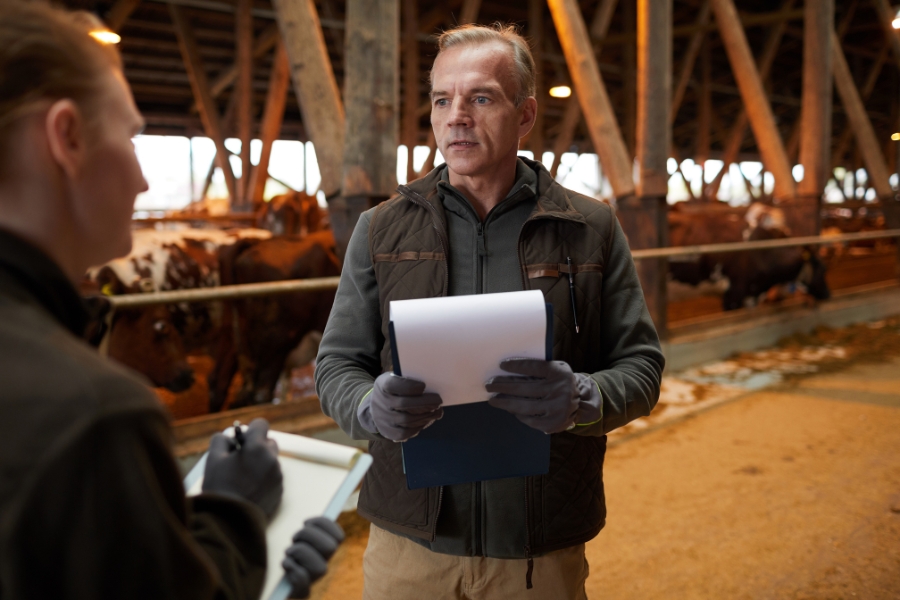 Enable Ag
Enable Ag
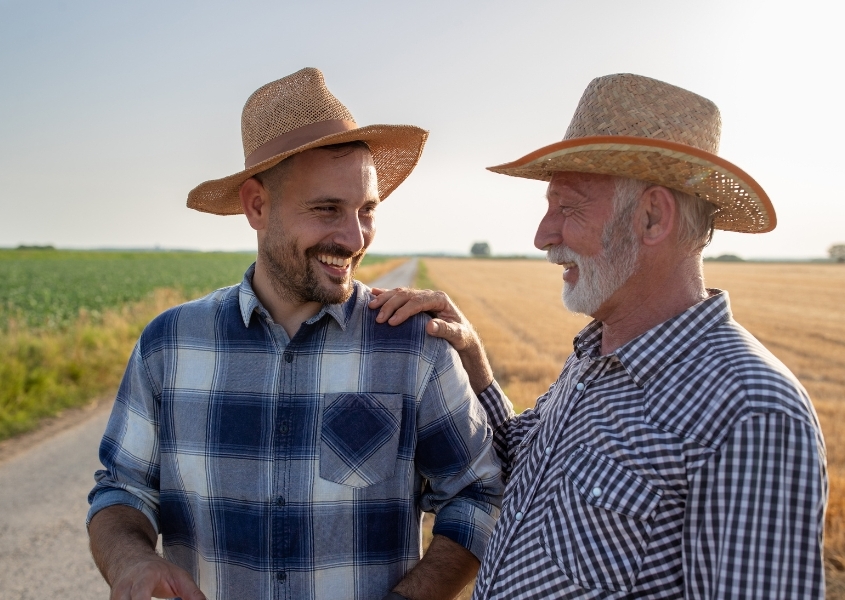
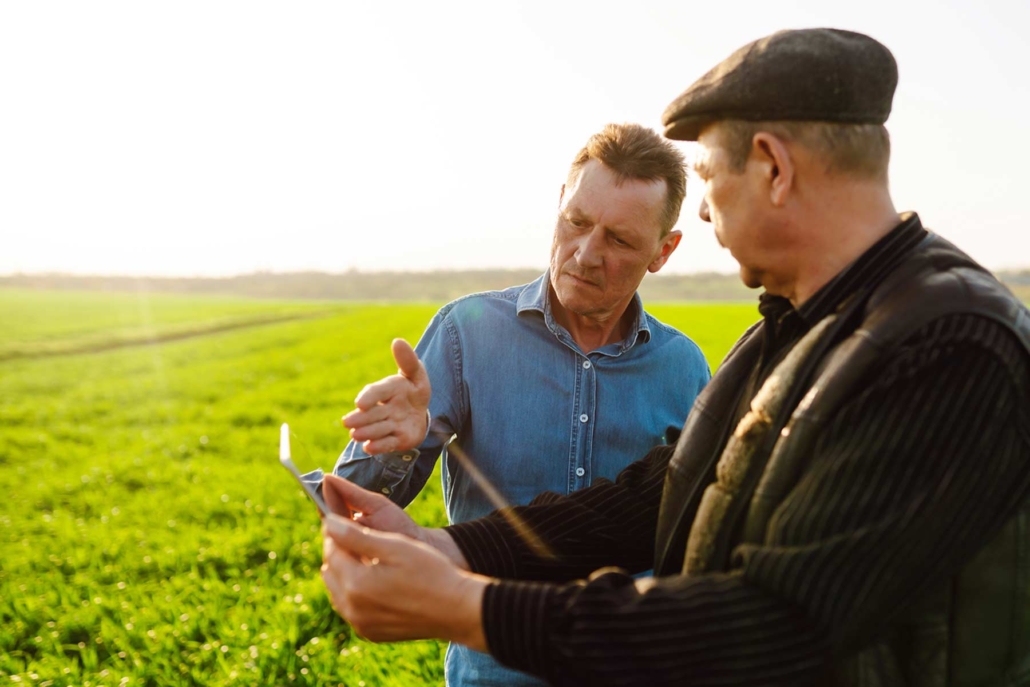 Enable Ag
Enable Ag